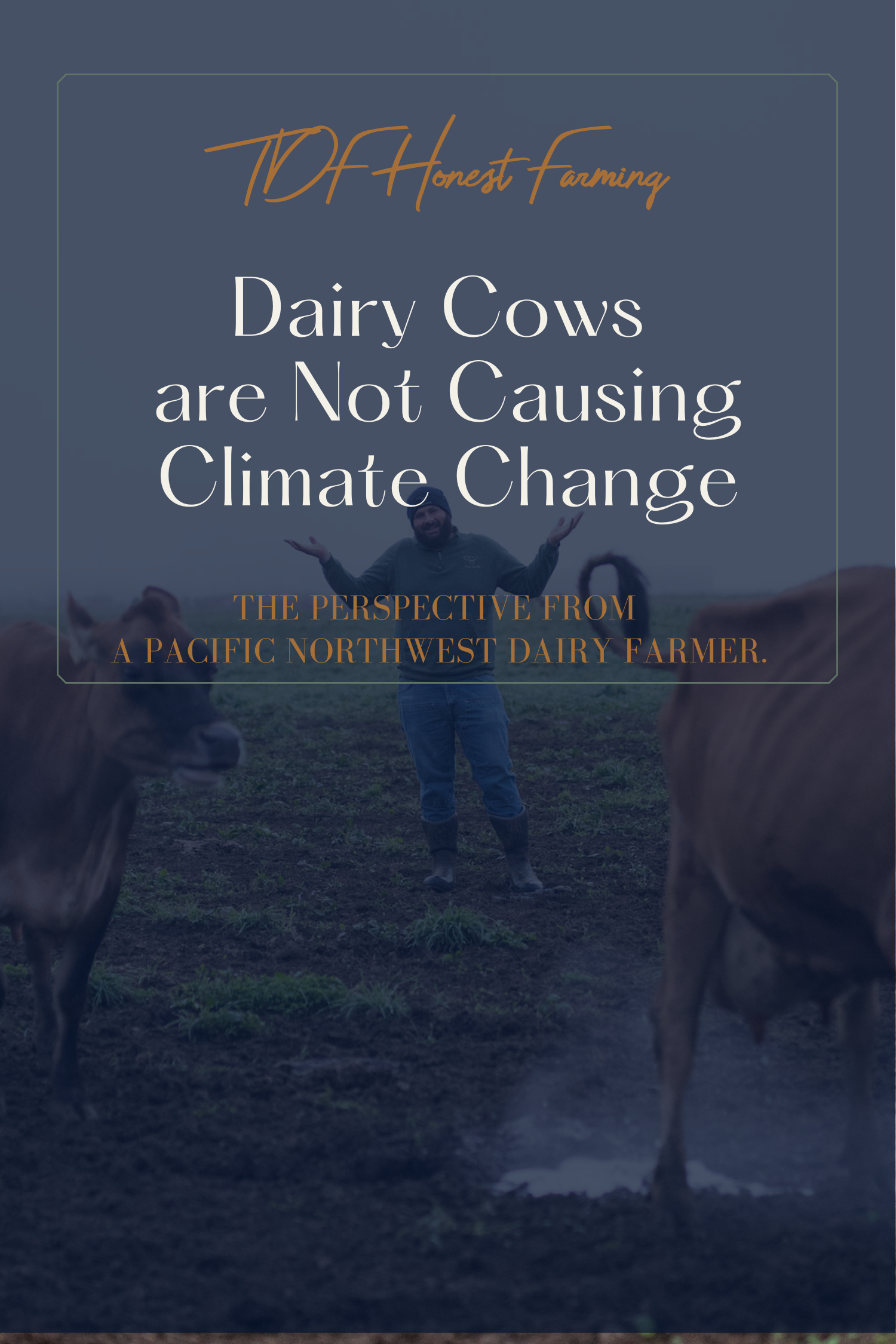Cows are Not Causing Climate Change
Let’s put the misconception that cows are causing climate change to rest.
Today, producing a gallon of milk requires 65% less water, 90% less land, and 76% less manure than 70 years ago. This means that the carbon footprint of milk is 63% smaller than it was in 1944.
Dairy farmers are producing four times as much milk with almost one third the number of cows.
So maybe you’re thinking the problem is beef cattle? Nope, not them either.
Improvements in productivity have resulted in a 30% decline in emissions in the U.S., since 1975. Emissions from cattle, including those that come from the feed production, fuel, and electricity only account for 3.7% of the total greenhouse gas emissions in the U.S.
Cattle are part of the natural carbon cycle. Within this cycle, there is no long-term impact on climate if methane emissions and oxidation are in balance.
As farmers and ranchers, the topic of sustainability is important to us and we’re always trying to improve. More technology is coming to make us more efficient and even better stewards of the land and animals.

